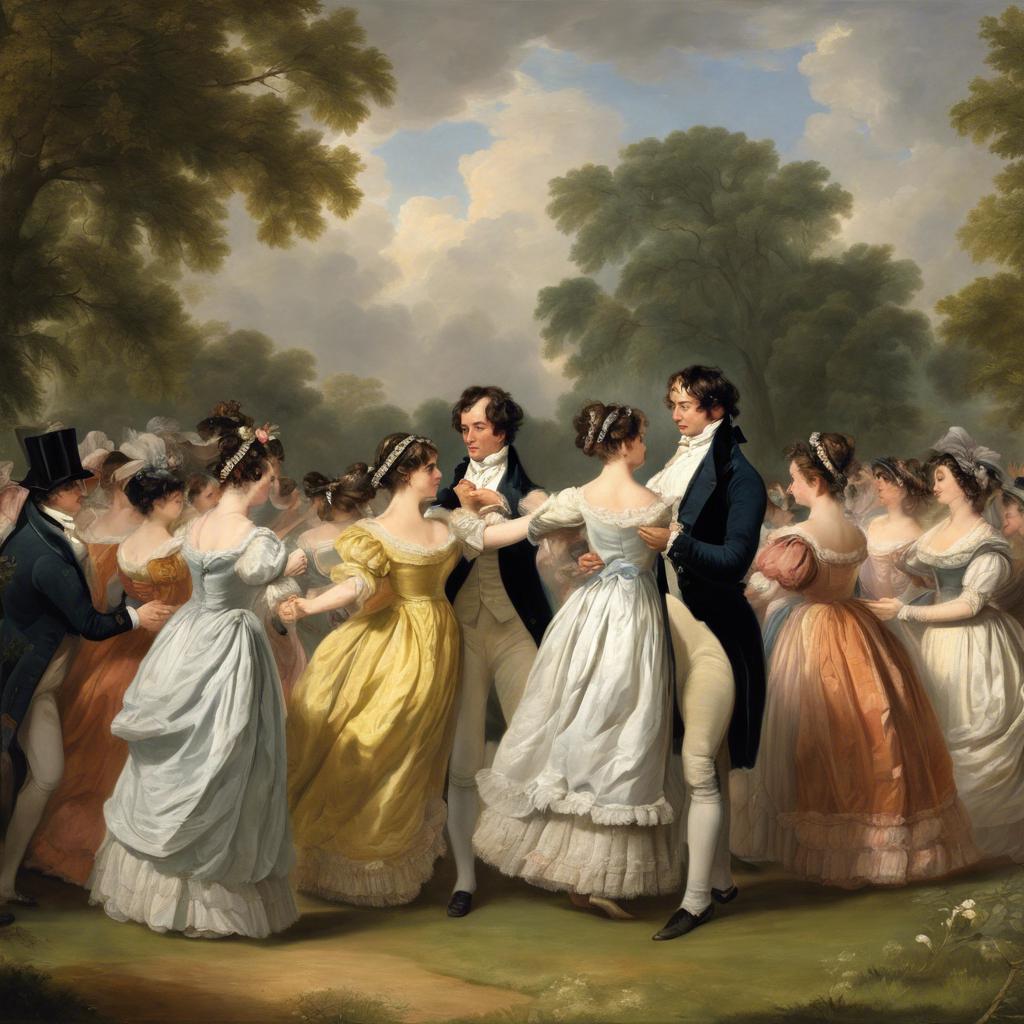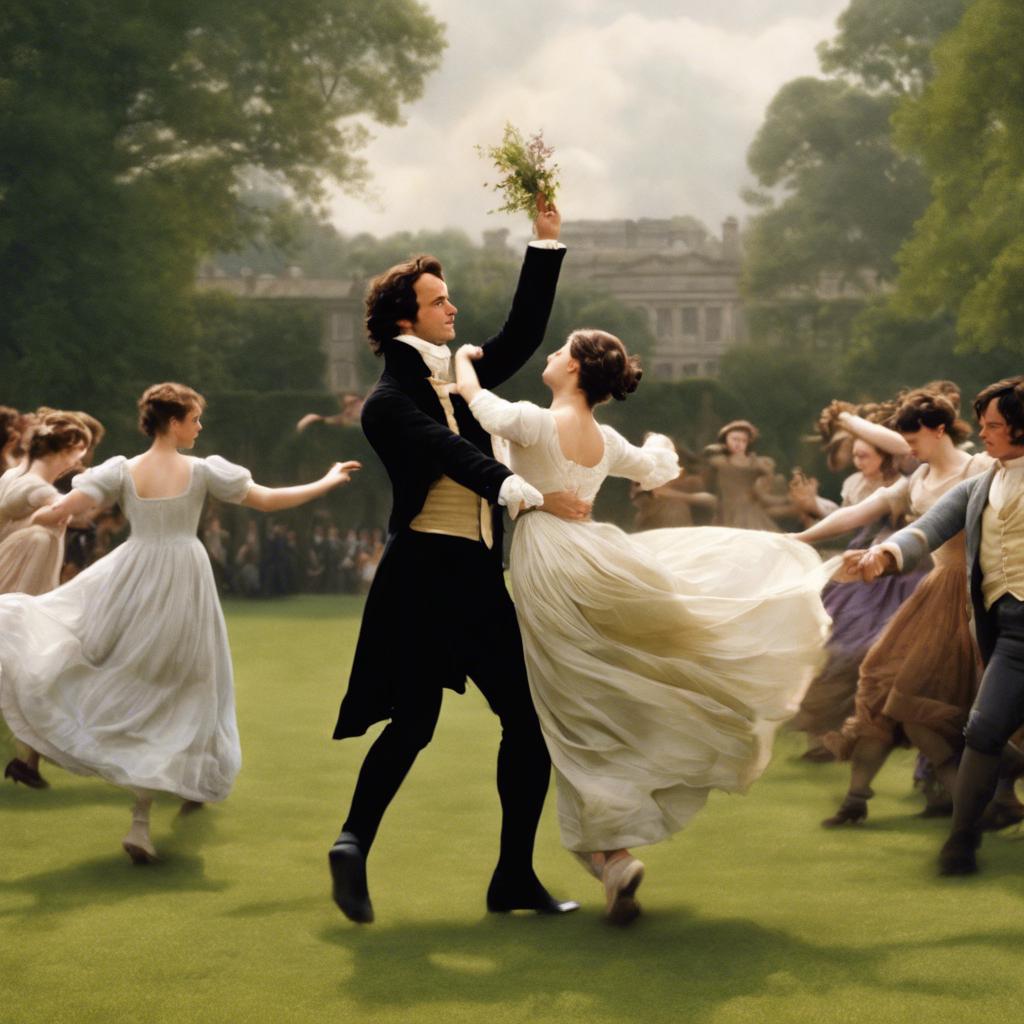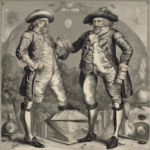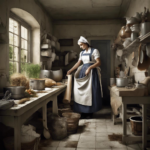In the early 19th century, the British Regency era was characterized by its refined social gatherings and elegant dances. Among the most iconic dances of this period are those featured in Jane Austen’s timeless novel “Pride and Prejudice.” These intricate and graceful dances served as a reflection of the societal norms and customs of the time, providing a window into the world of the English upper class. Join us as we delve into the history and significance of the dances from “Pride and Prejudice,” shedding light on their cultural relevance and enduring appeal.
Step Into the World of Cheryl Bolen
Dive into the enchanting stories of love, intrigue, and elegance set in the Regency Era. Cheryl Bolen's novels offer timeless romance and captivating tales that will leave you wanting more.
Explore Cheryl Bolen's Books Now
Dances in Pride and Prejudice: A Reflection of Regency Society
In Jane Austen’s Pride and Prejudice, dances play a significant role in reflecting the societal norms and expectations of the Regency era. The elegant and structured dances of the time serve as a backdrop for the interactions between characters, revealing their social status, manners, and relationships.
The ballroom scenes in the novel showcase the elaborate choreography and etiquette of Regency society. Dances such as the quadrille, country dances, and reels are featured, providing a glimpse into the refined and graceful world of the early 19th century. These dances were not only a form of entertainment but also a means of socializing and forming connections among the upper class.
Dances Featured in Pride and Prejudice:
- Quadrille: a formal square dance with intricate patterns and sequences
- Country dances: lively and communal dances performed in sets of couples
- Reels: energetic and lively dances typically performed in groups
| Dance | Description |
|---|---|
| Quadrille | Formal square dance with intricate patterns |
| Country dances | Lively communal dances performed in sets |
| Reels | Energetic and lively group dances |
The Elegance and Etiquette of Regency Ballroom Dancing
In the elegant world of Regency ballroom dancing, the dances from Pride and Prejudice hold a special place. These intricate and graceful dances were not only a form of entertainment but also a way for the upper class to display their refinement and social status. The dances required precise footwork, perfect posture, and impeccable timing, making them a true test of one’s skill and sophistication.
The most famous dance from Pride and Prejudice is undoubtedly the minuet. This stately and dignified dance was often performed as a grand opening to a ball, with couples moving in a series of slow, deliberate steps. The minuet required dancers to move with elegance and grace, conveying a sense of regal sophistication. It was a dance that truly showcased the refinement and etiquette of the Regency era.
Another beloved dance from Pride and Prejudice is the lively country dance. This energetic and joyful dance was a favorite among young couples, allowing them to show off their agility and spirit. The country dance was a more informal and relaxed counterpart to the minuet, with couples forming lines and weaving in and out of intricate patterns. It was a dance that brought a sense of merriment and camaraderie to the ballroom, reflecting the lively and sociable nature of Regency society.
Exploring the Symbolism of Dances in Pride and Prejudice
In Pride and Prejudice, dances play a significant role in the development of the story and its characters. Each dance scene is filled with symbolism that adds depth to the narrative and reflects the societal norms and expectations of the time.
One of the most iconic dances in the novel is the Netherfield ball, where Mr. Darcy and Elizabeth Bennet share a tense and intimate moment on the dance floor. This dance represents the growing attraction between the two characters, as well as the societal barriers that stand in the way of their love.
Throughout the book, dances serve as a microcosm of the intricate social dynamics and power struggles among the characters. The intricate steps and precise movements of the dancers mirror the careful navigation of relationships and the delicate balance of pride and prejudice that shape the interactions between the characters.
Recommendations for Recreating Regency Dances at Social Events
When it comes to recreating Regency dances at social events, there are several key recommendations to keep in mind. First and foremost, it is important to familiarize yourself with the different types of dances popular during the Regency era. From elegant country dances to lively reels, each dance has its own unique steps and patterns that must be learned and practiced.
Another important recommendation is to pay attention to the music. Regency-era dances were often accompanied by live musicians playing period-appropriate music. Consider hiring a period ensemble or selecting recordings of authentic Regency dance music to truly transport your guests back in time.
Lastly, do not forget to create a festive and authentic atmosphere for your Regency dance event. Decorate the space with period-appropriate decor, encourage guests to dress in Regency-era attire, and perhaps even provide a brief history lesson on the dances being performed. With attention to detail and a passion for historical accuracy, your Regency dance event is sure to be a memorable and enchanting experience for all involved.
Closing Remarks
the dances featured in Jane Austen’s beloved novel, “Pride and Prejudice,” provide a window into the social and cultural norms of early 19th-century England. From the elegant sophistication of the minuet to the lively and flirtatious country dances, these dances reflect the intricate social hierarchy and courtship rituals of the time. By studying and reenacting these historic dances, we gain a deeper understanding of the world in which Austen’s characters navigated their relationships and societal obligations. As we twirl and bow in the footsteps of Elizabeth Bennet and Mr. Darcy, we are reminded of the enduring appeal and timeless charm of Austen’s enduring classic.


